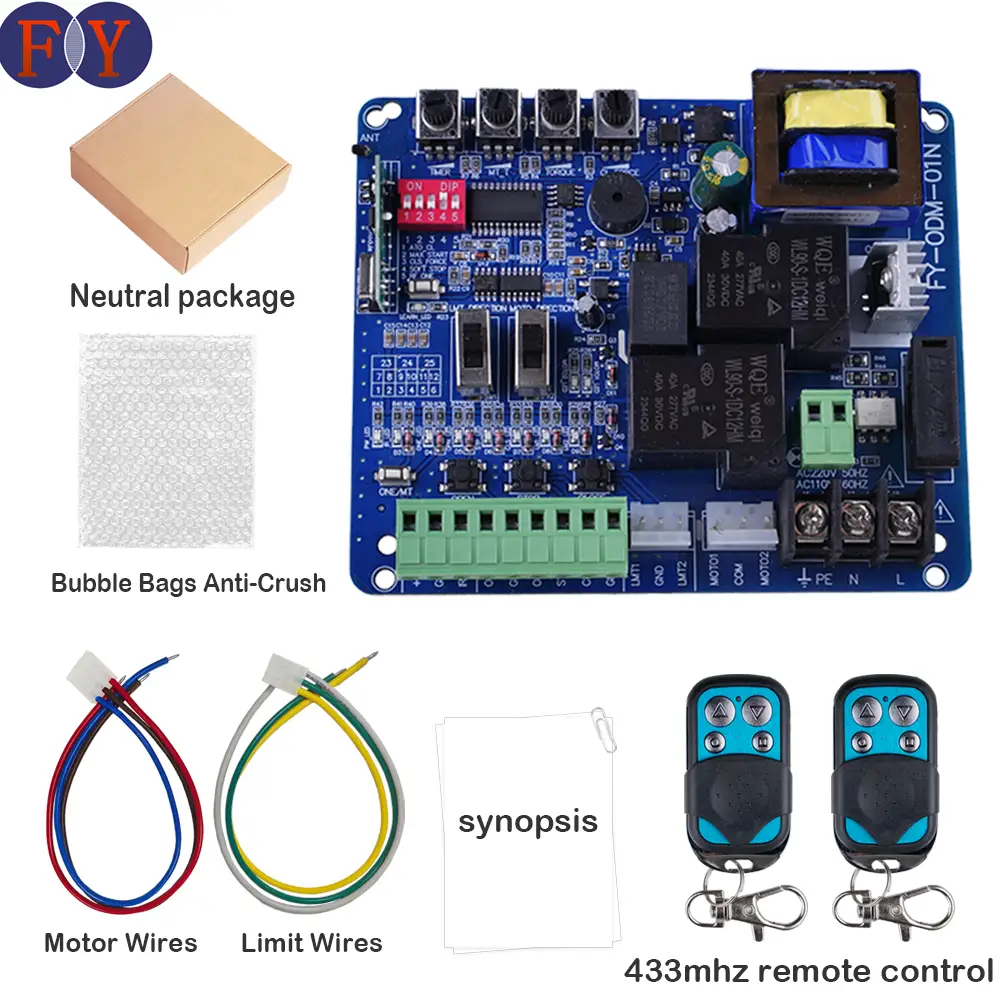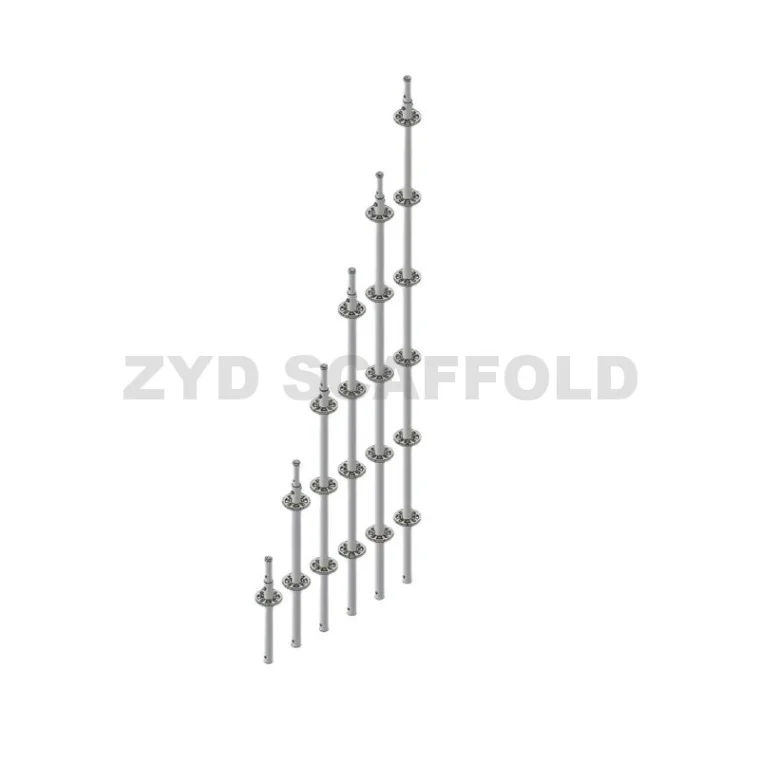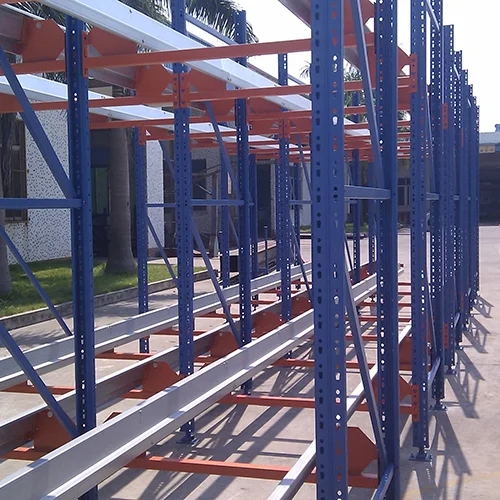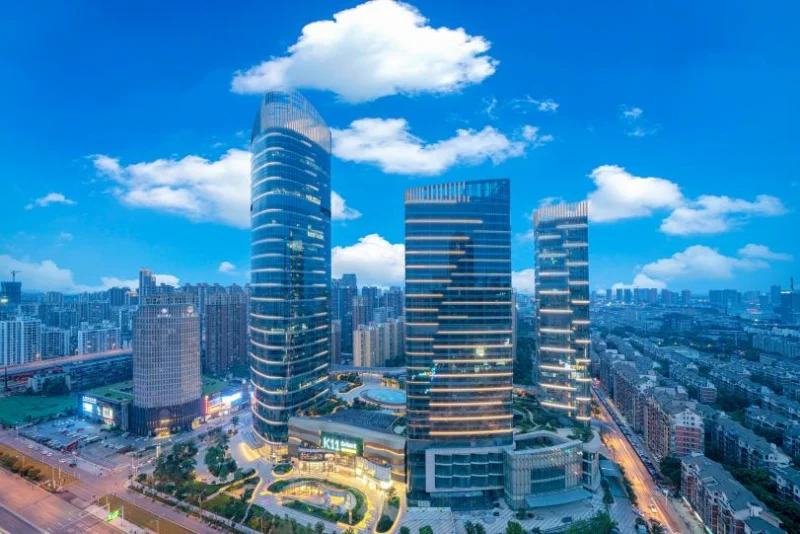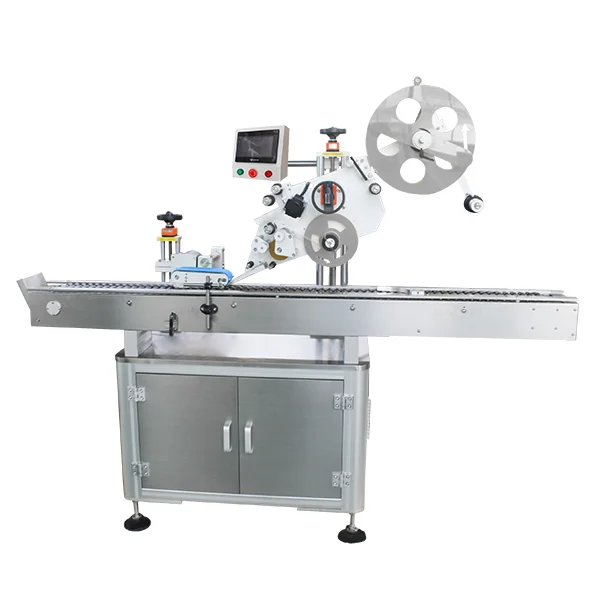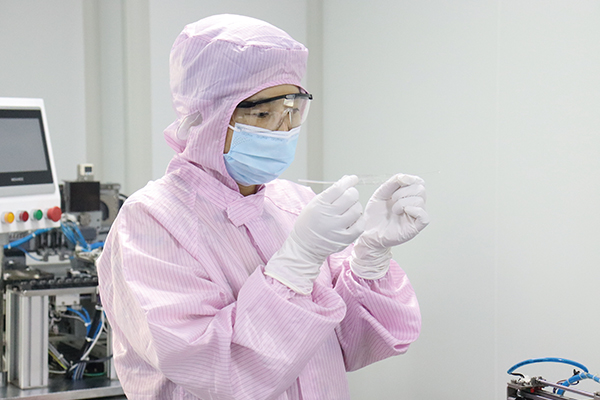In the realm of construction, mortar plays a crucial role in ensuring the stability and durability of various structures. Compressive strength, a key parameter, determines the ability of mortar to withstand pressure and bear heavy loads. With a multitude of mortar types available, it becomes essential to identify the one with the highest compressive strength. In this article, we will delve into the world of mortars, exploring their types and uncovering the ultimate mortar with unparalleled strength.
- Understanding Mortar and Compressive Strength:
Mortar, a mixture of cement, sand, and water, acts as a binding agent in construction. Compressive strength refers to the maximum load a mortar can bear without failure. It is influenced by various factors, including the type and proportion of ingredients, curing conditions, and additives. - Traditional Mortar Types:
a) Portland Cement Mortar:
Portland cement mortar, widely used in construction, offers commendable compressive strength. Its composition primarily consists of Portland cement, sand, and water. The compressive strength of this mortar type typically ranges from 10 to 15 MPa (megapascals).
b) Lime Mortar:
Lime mortar, historically significant, is composed of lime, sand, and water. Although it possesses lower compressive strength compared to Portland cement mortar, ranging from 2 to 7 MPa, it exhibits excellent workability and breathability, making it suitable for heritage structures.
- Advanced Mortar Types:
a) Polymer-Modified Mortar:
Polymer-modified mortar incorporates polymer additives, enhancing its performance and compressive strength. These additives improve adhesion, flexibility, and resistance to cracking. Compressive strength can reach up to 20 MPa, making it a popular choice for demanding applications.
b) Epoxy Mortar:
Epoxy mortar, known for its exceptional strength and chemical resistance, is composed of epoxy resins, hardeners, aggregates, and fillers. With compressive strength ranging from 40 to 80 MPa, it surpasses traditional mortars. Epoxy mortar finds applications in heavy-duty industrial settings and areas prone to chemical exposure.
- Cutting-Edge Mortar Types:
a) Geopolymer Mortar:
Geopolymer mortar, an innovative alternative to traditional cement-based mortars, utilizes industrial by-products or natural materials. This environmentally friendly mortar exhibits remarkable compressive strength, ranging from 30 to 100 MPa. Geopolymer mortars are gaining popularity due to their reduced carbon footprint and excellent durability.
b) Ultra-High Performance Concrete (UHPC):
UHPC, a revolutionary mortar type, combines cement, fine aggregates, fibers, and chemical admixtures. With compressive strength exceeding 150 MPa, UHPC outperforms all other mortars. Its exceptional strength, durability, and resistance to extreme conditions make it ideal for high-rise buildings, bridges, and infrastructure projects.
Conclusion:
After a comprehensive exploration of various mortar types, it is evident that the ultimate mortar with the highest compressive strength is Ultra-High Performance Concrete (UHPC). With its remarkable compressive strength exceeding 150 MPa, UHPC sets new benchmarks in the construction industry. However, it is crucial to consider specific project requirements, cost-effectiveness, and environmental factors when selecting the appropriate mortar type. By understanding the strengths and limitations of each mortar type, construction professionals can make informed decisions to ensure the longevity and stability of their structures.
